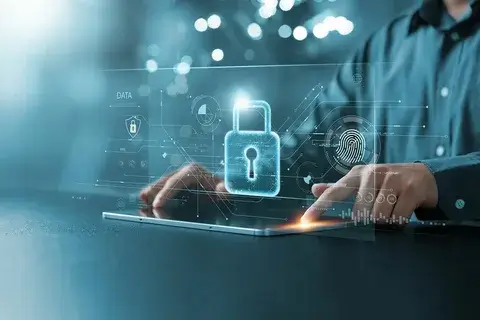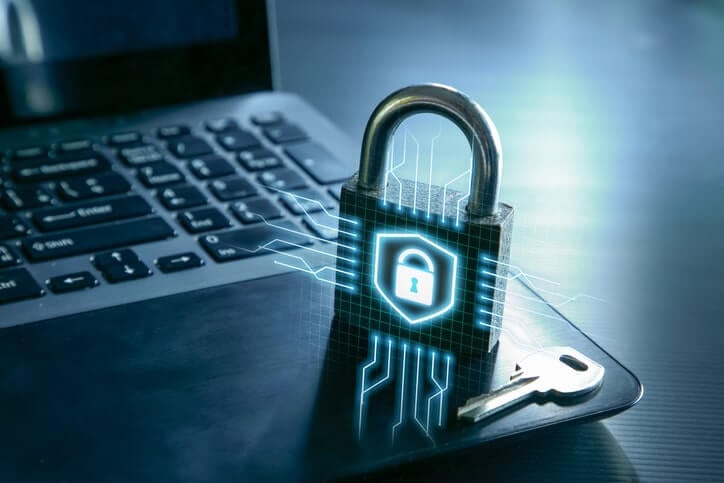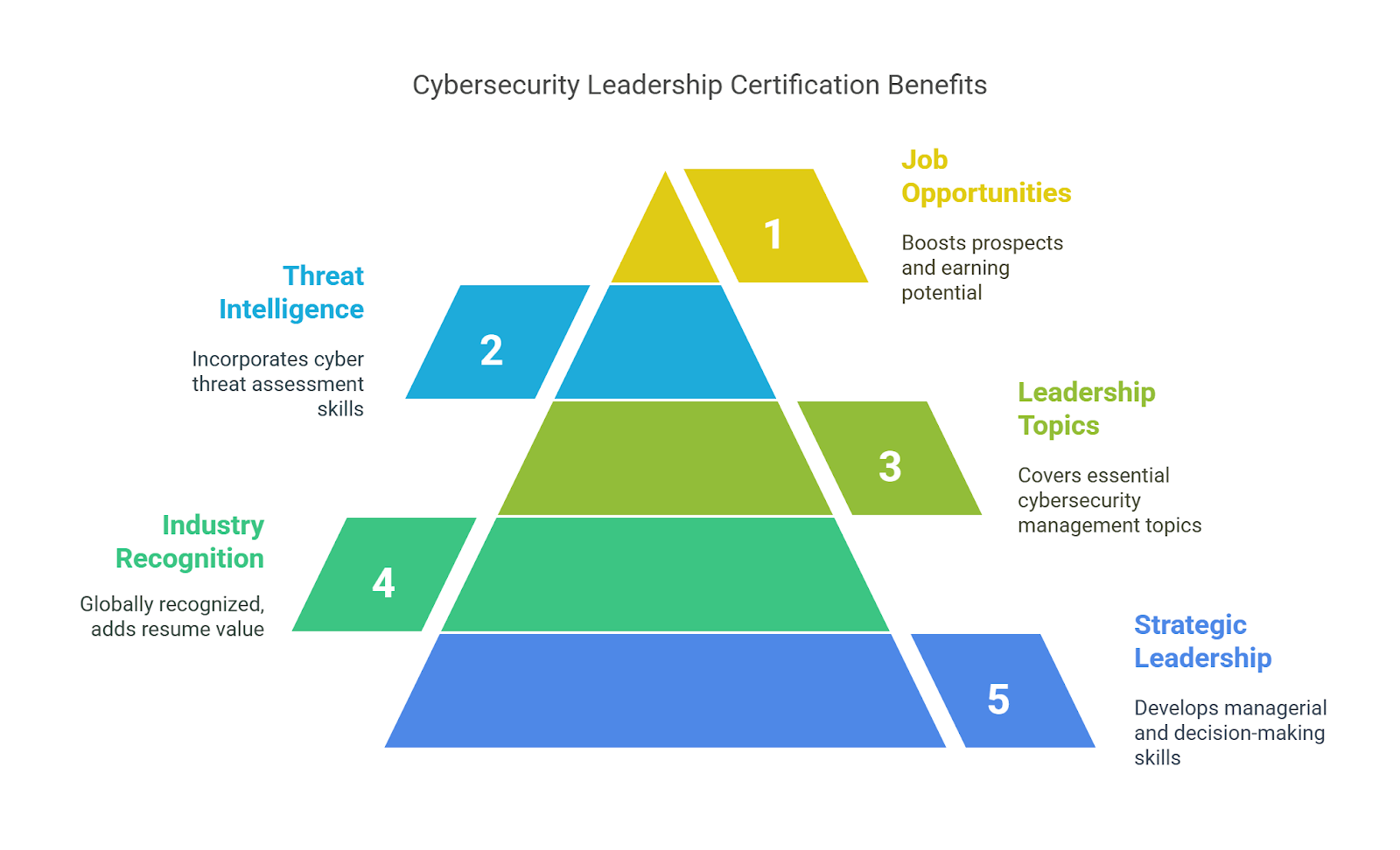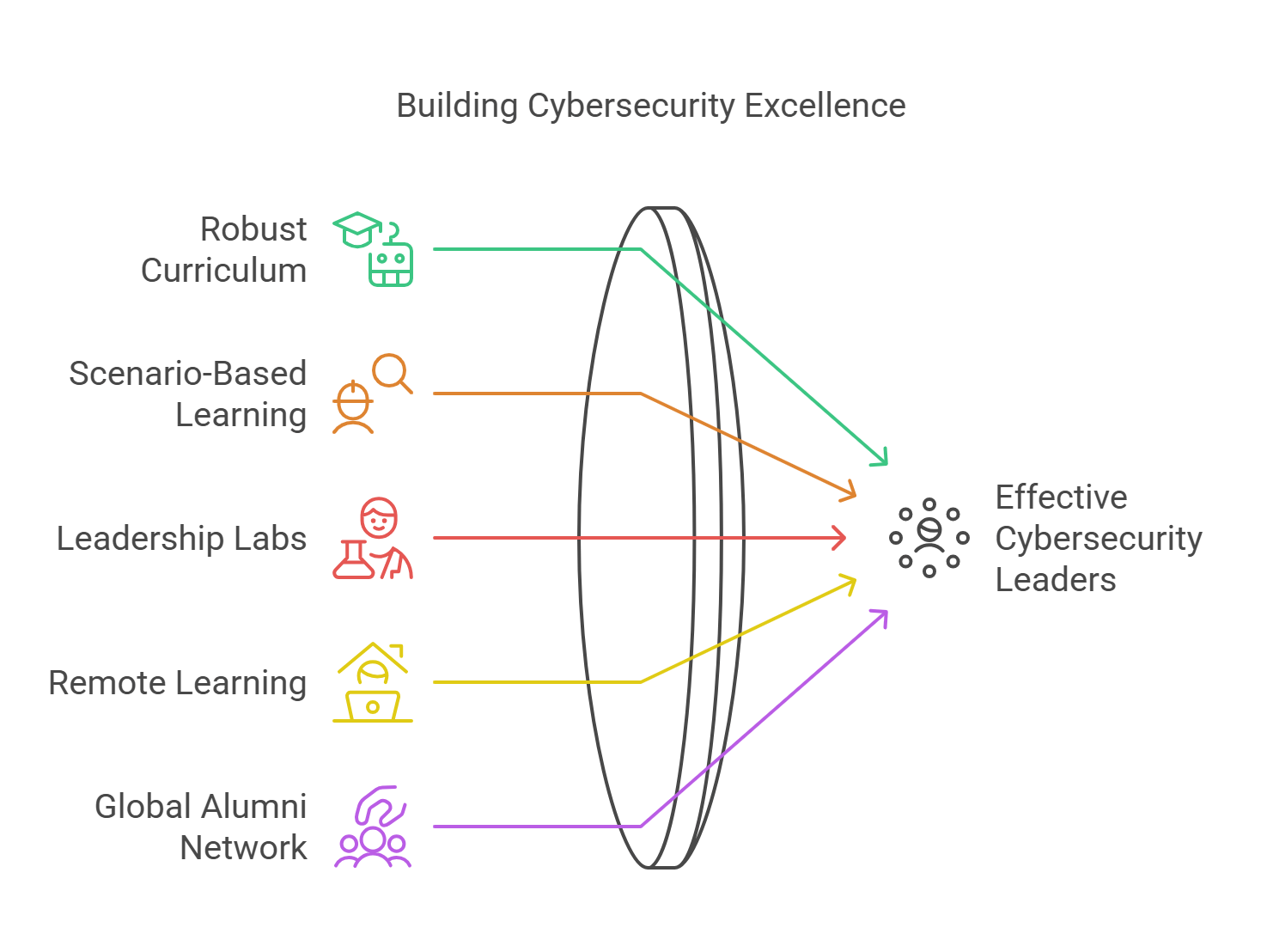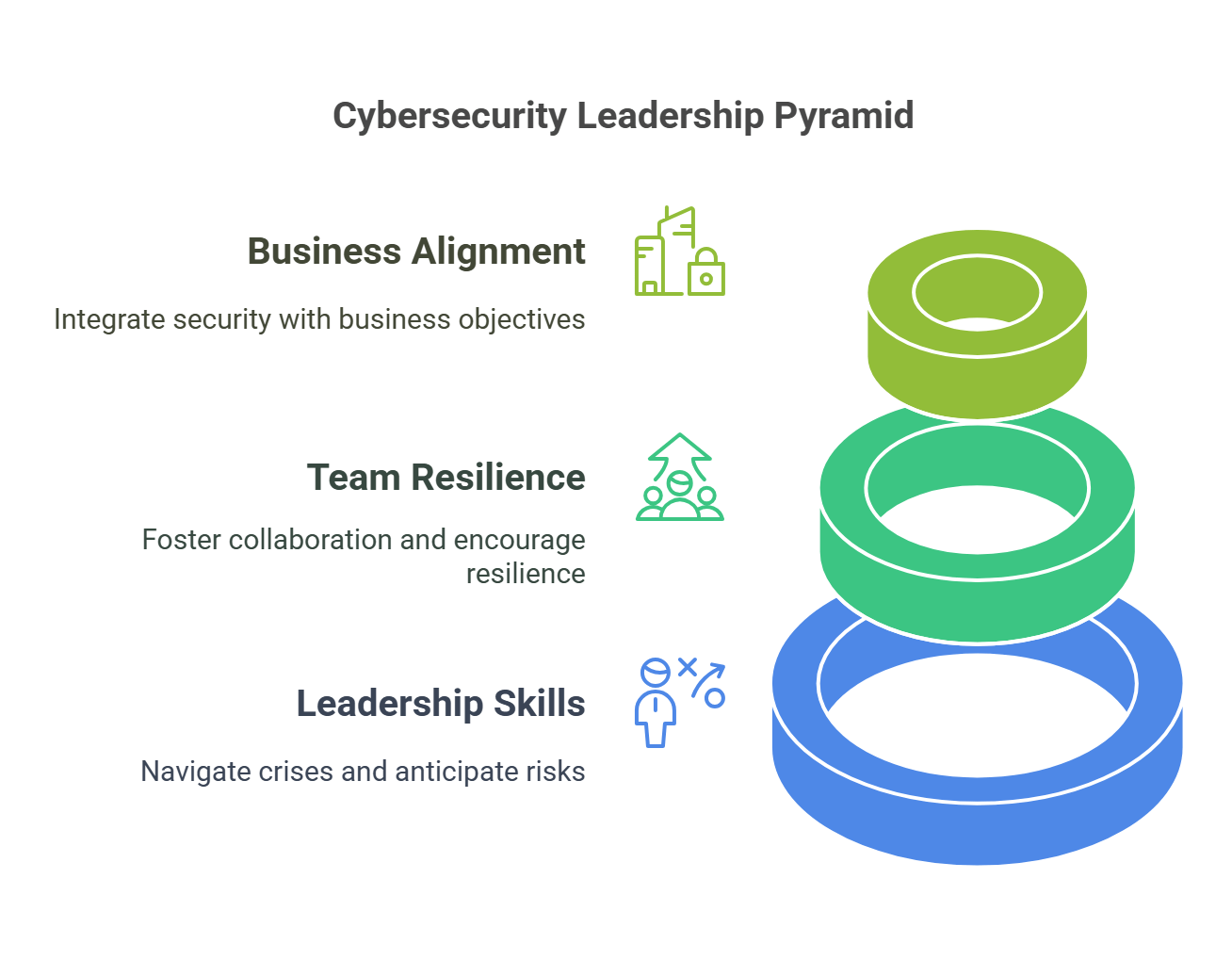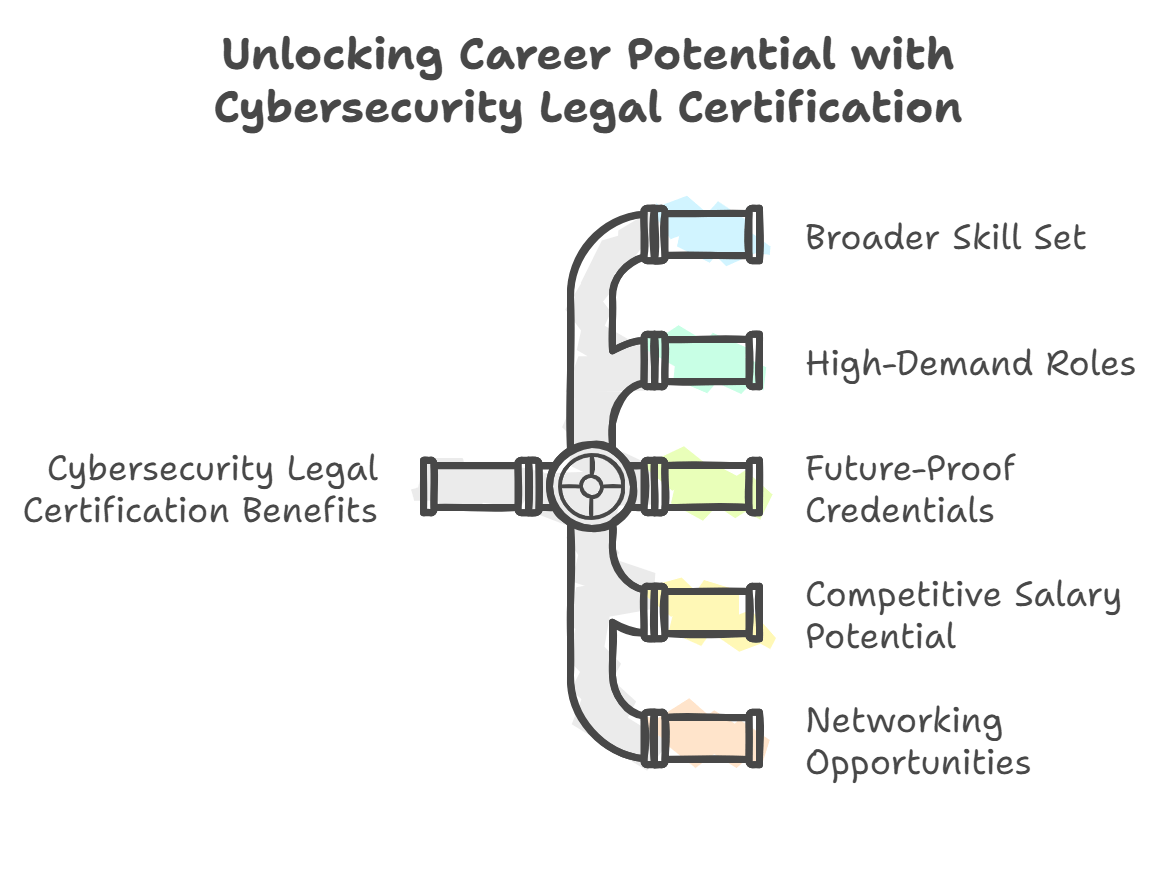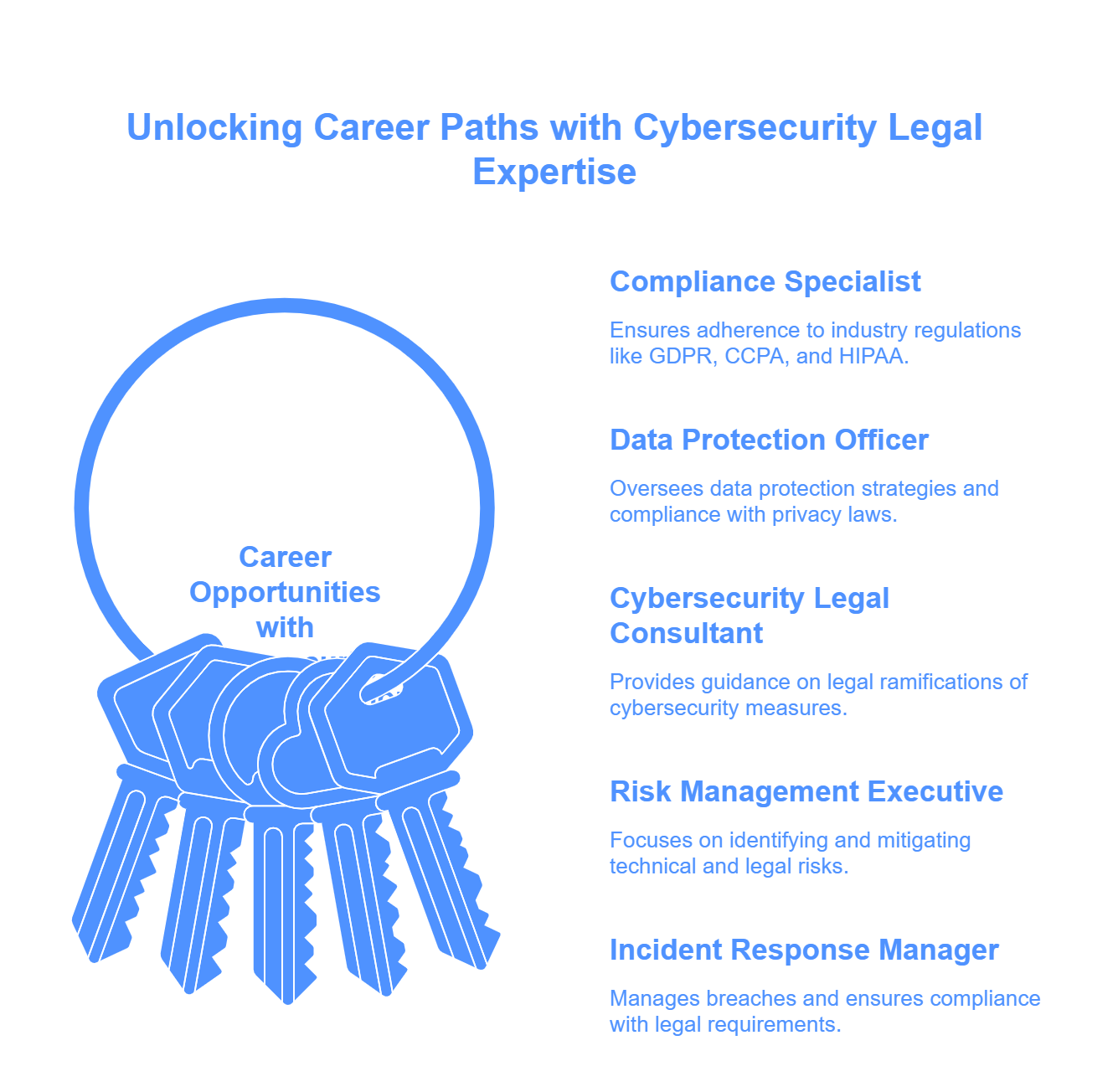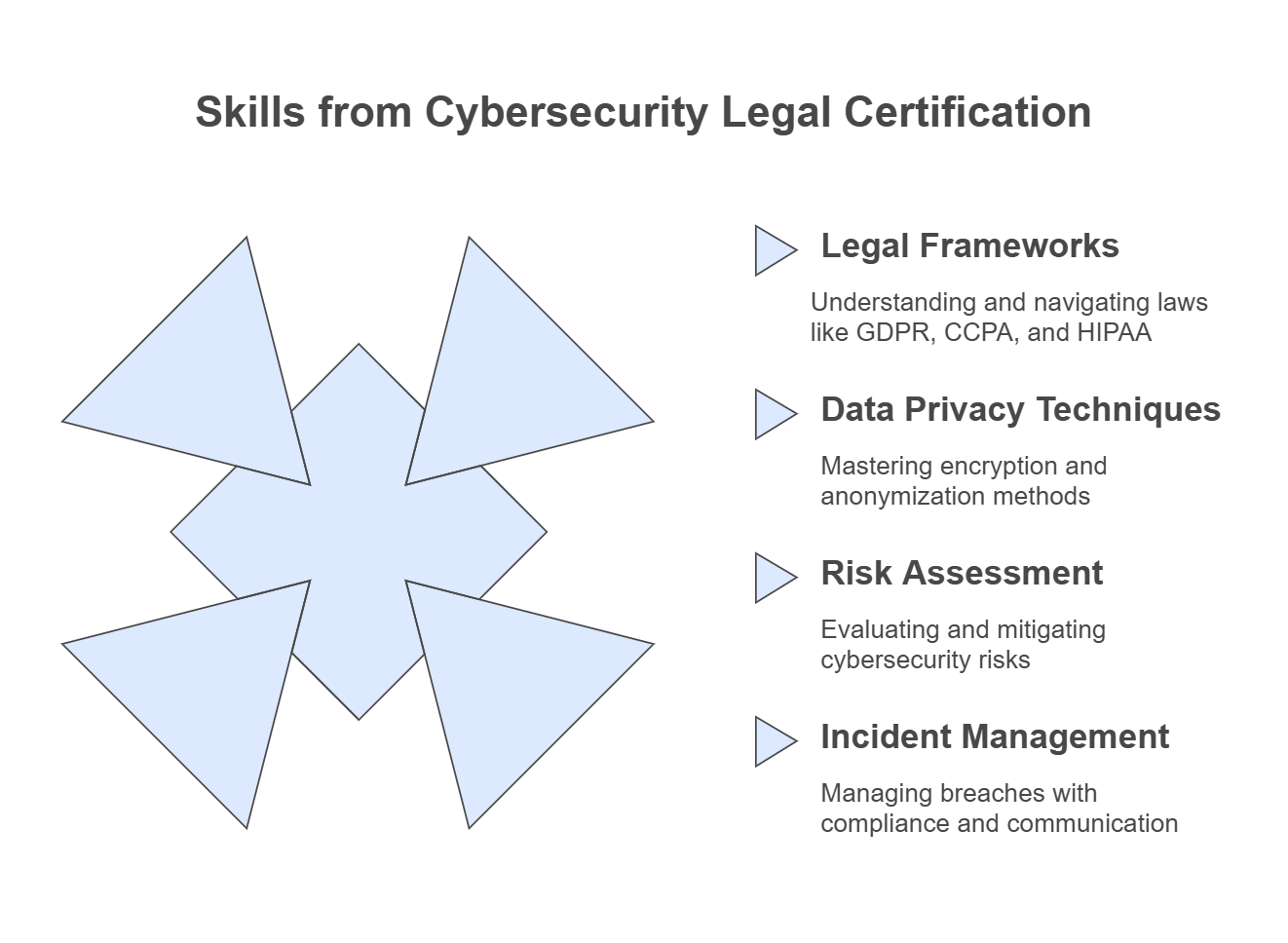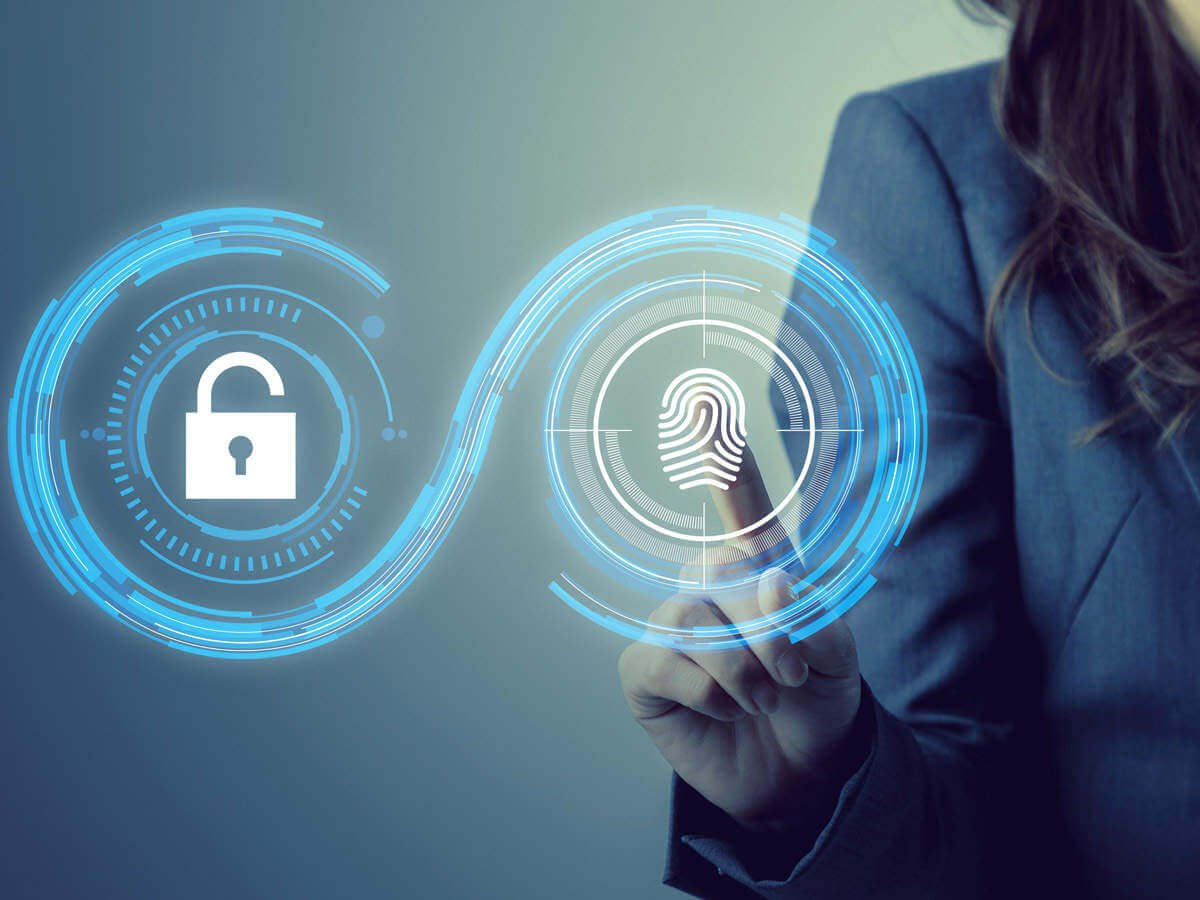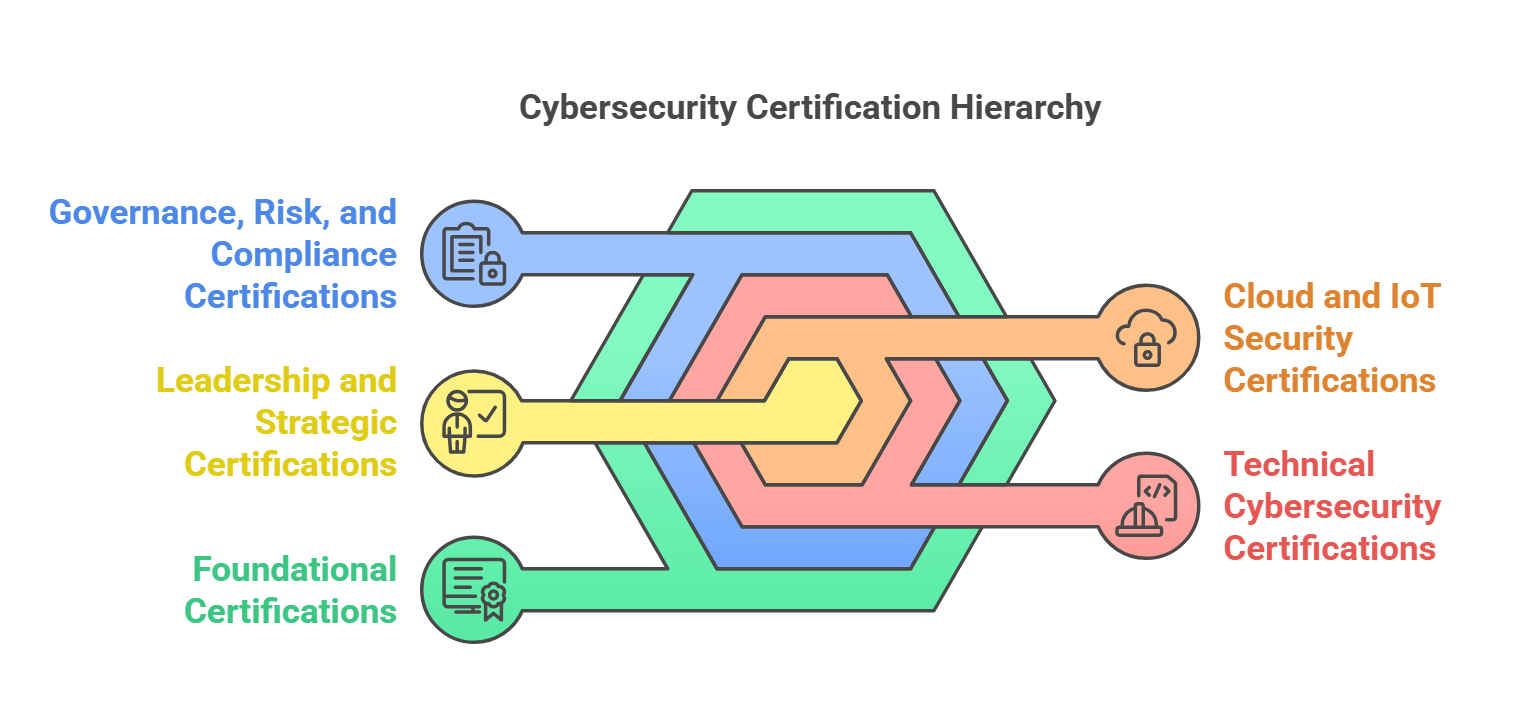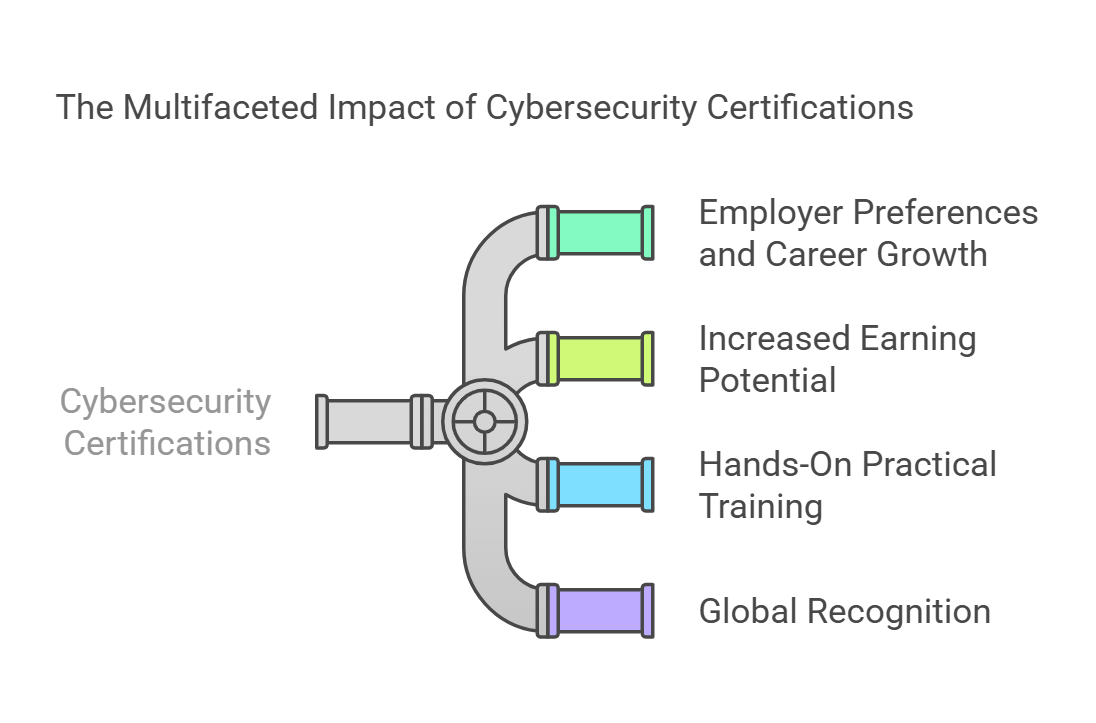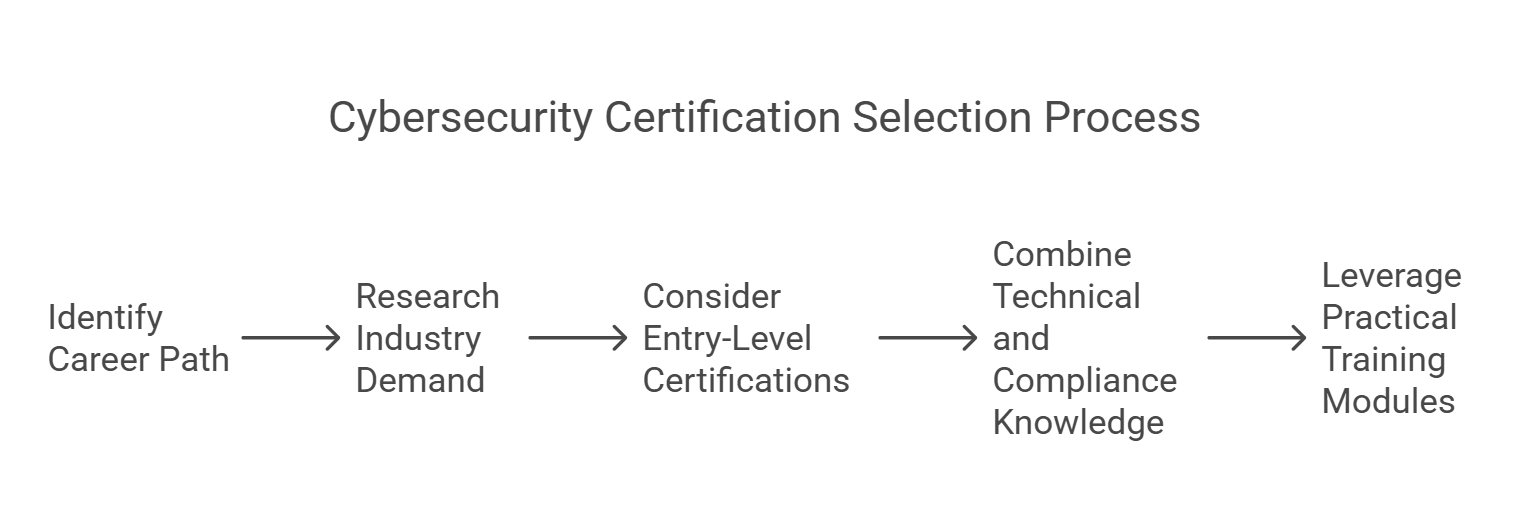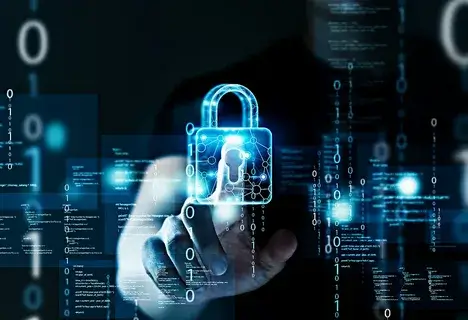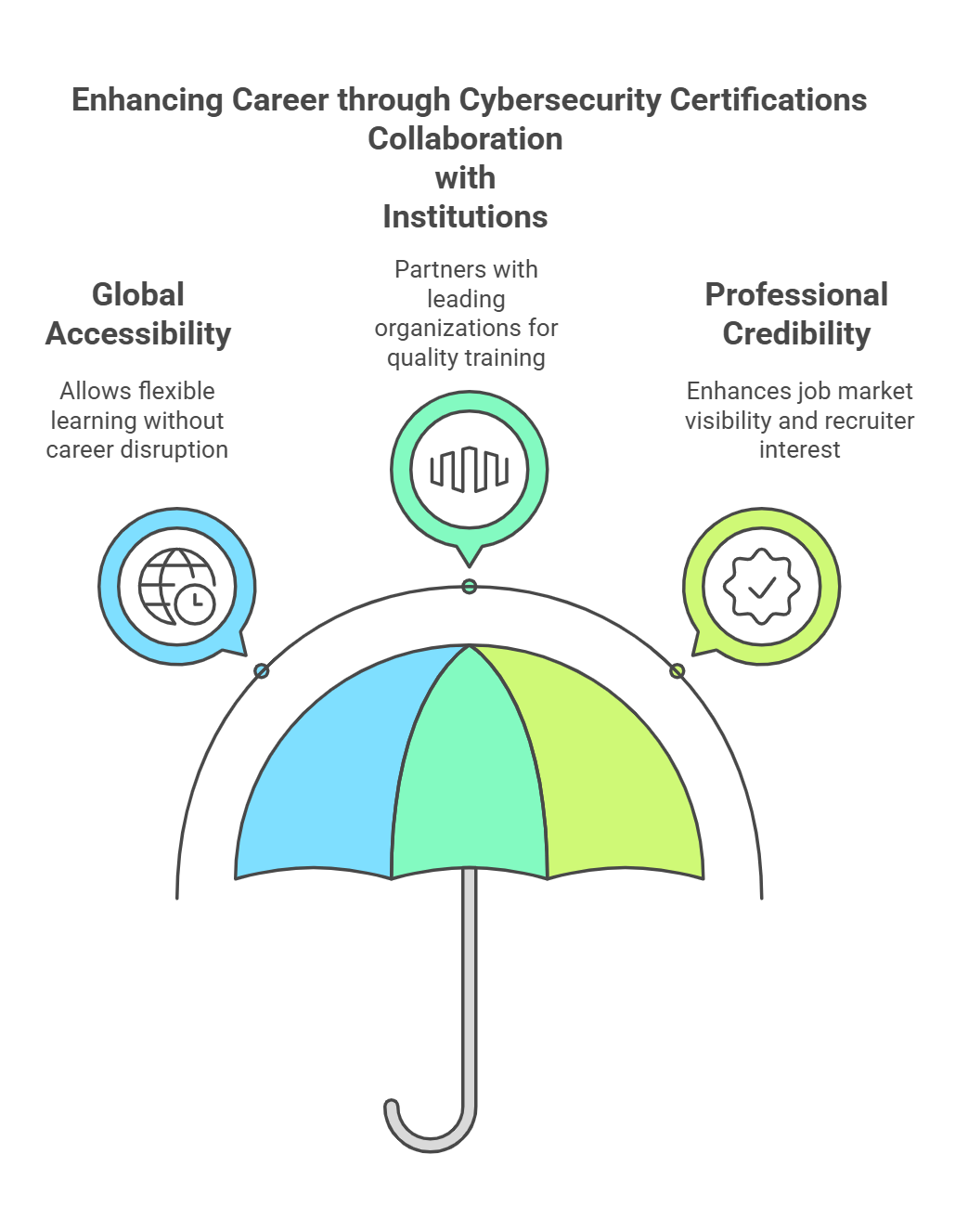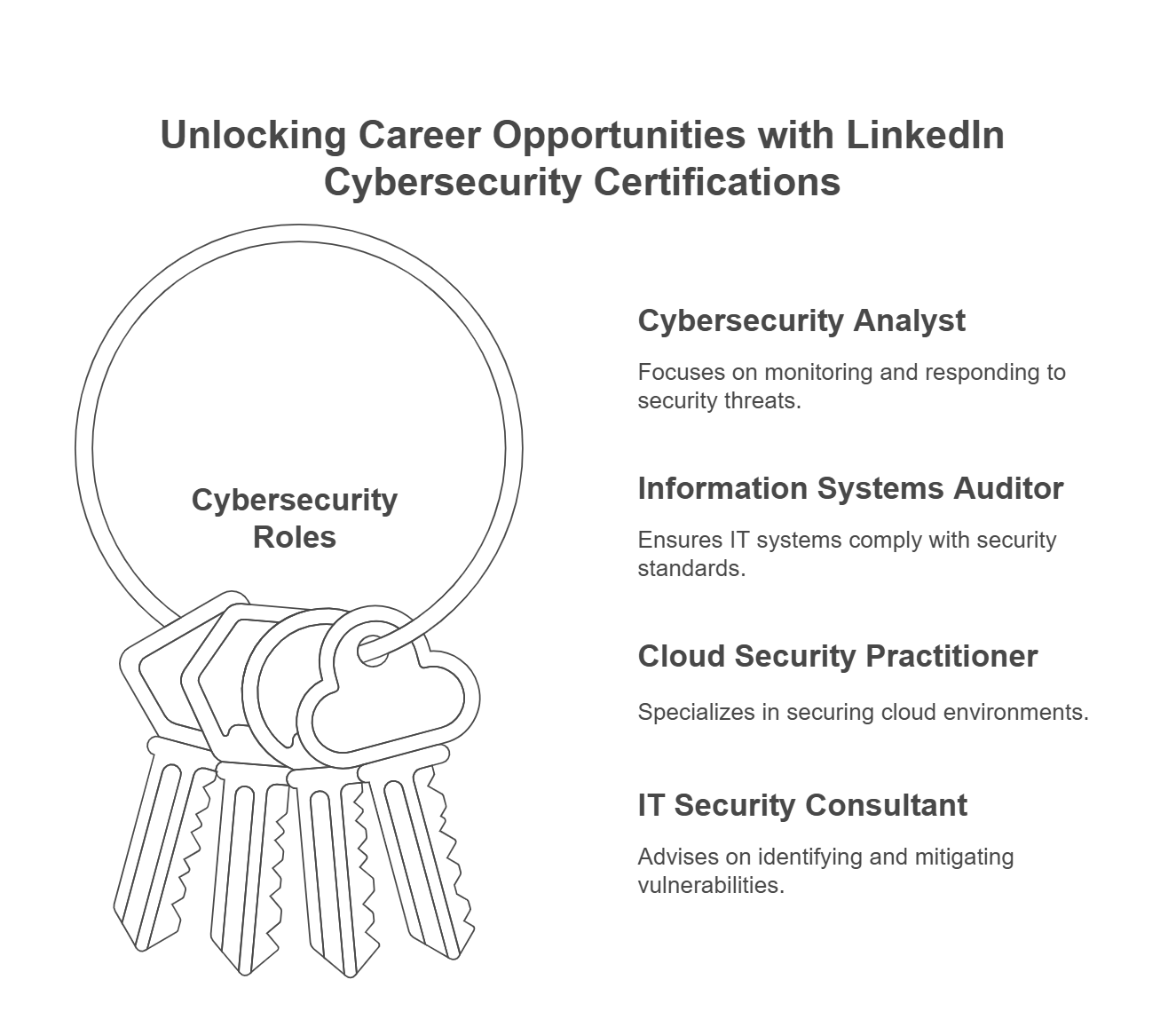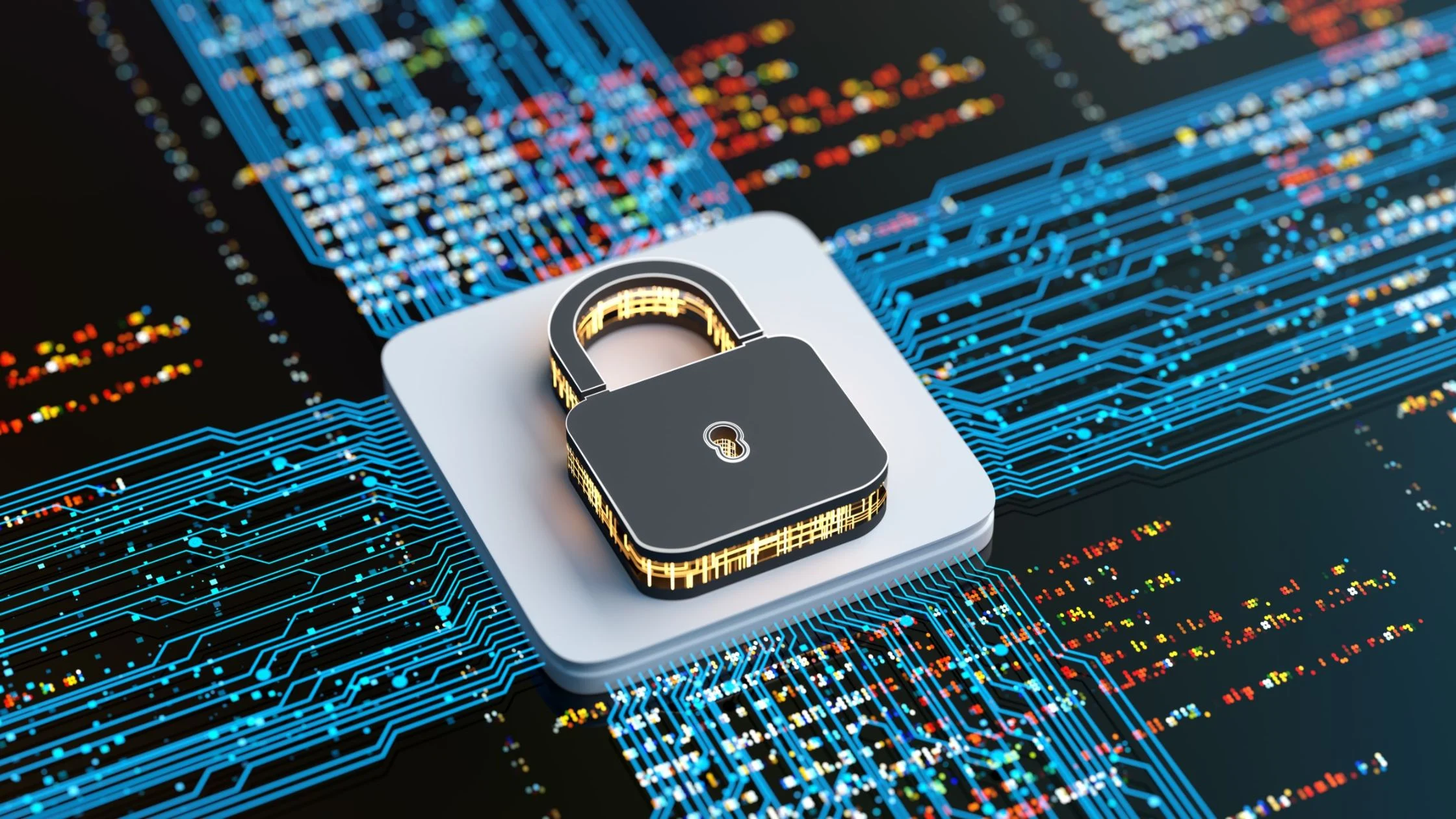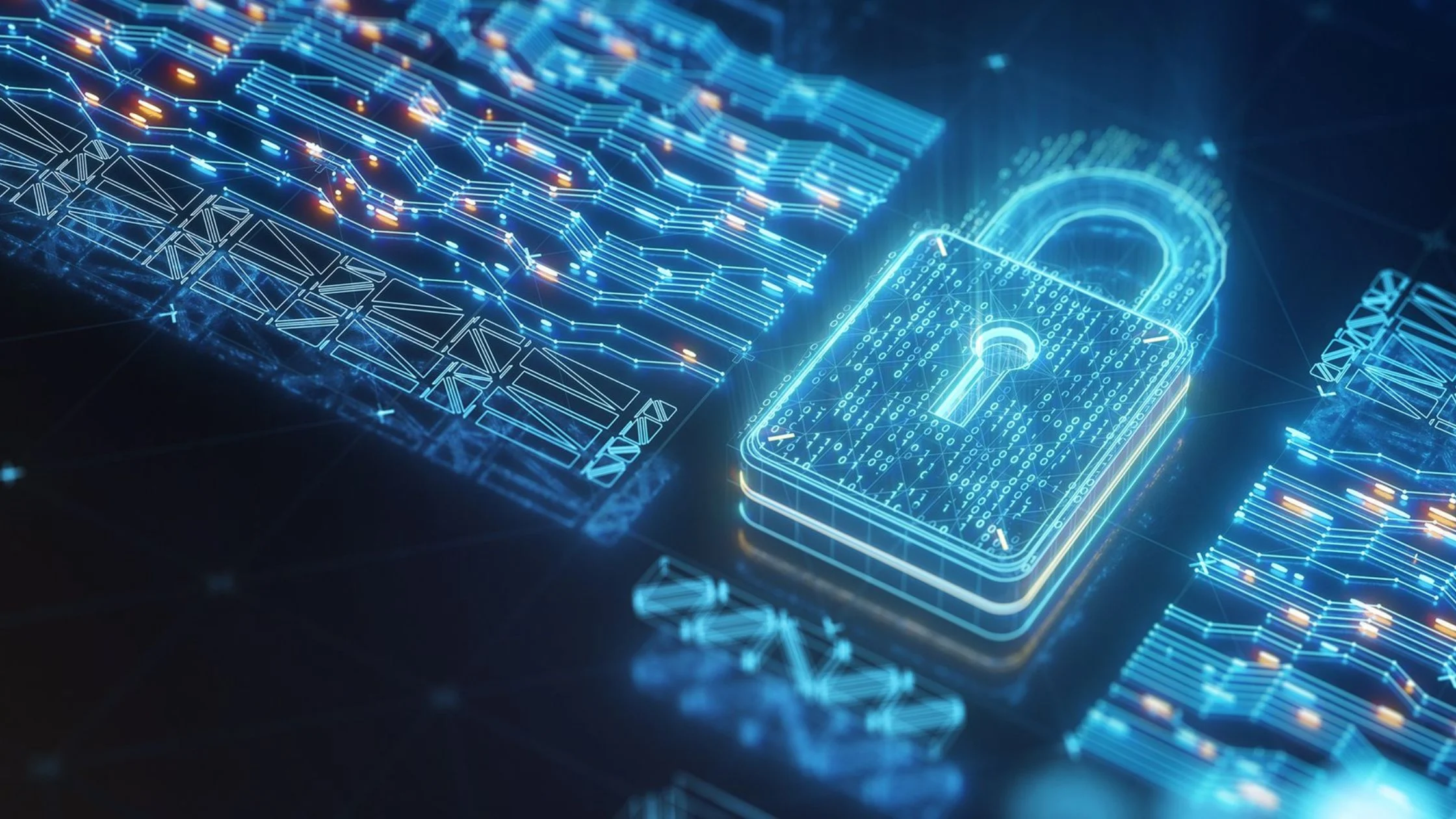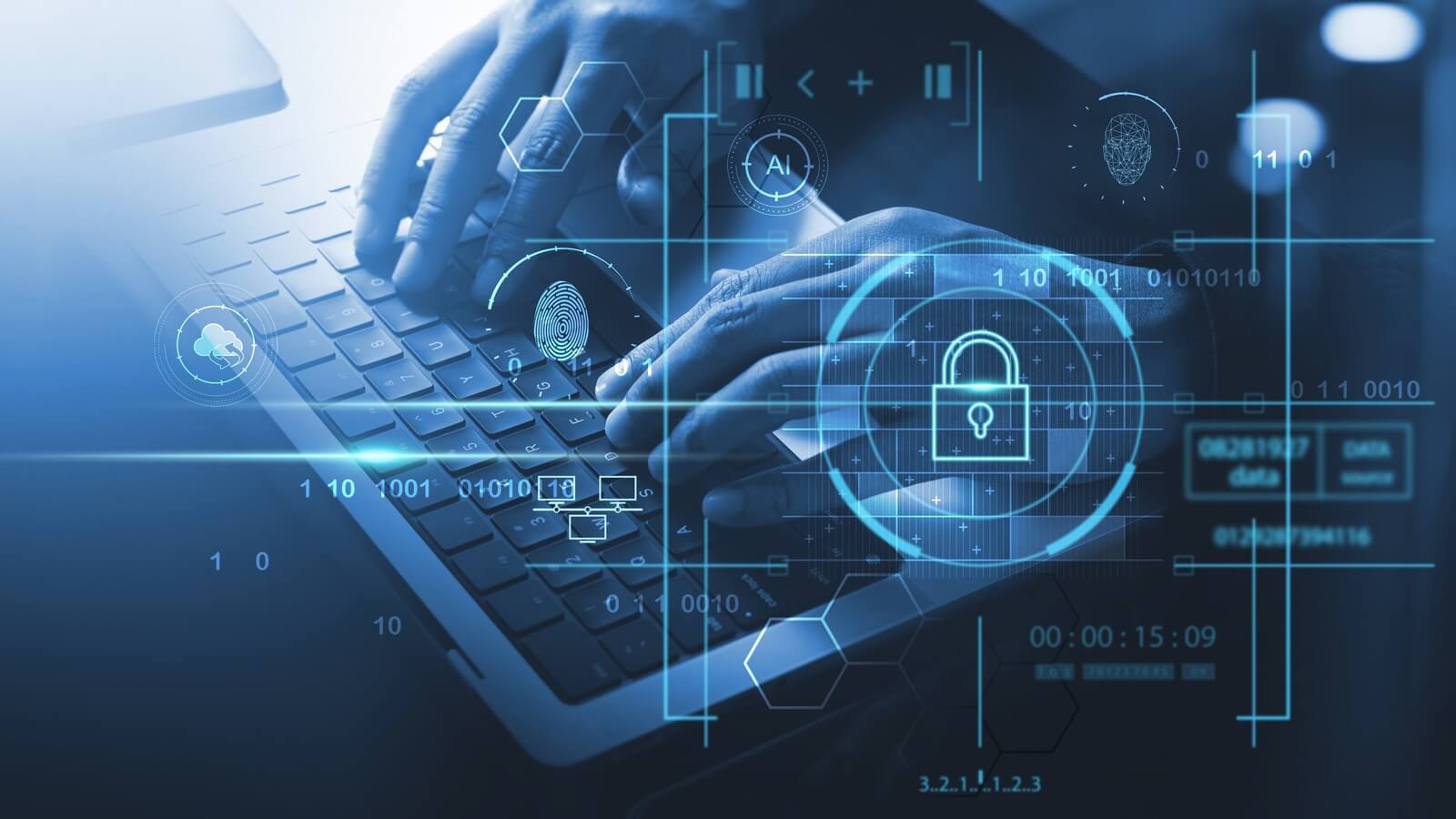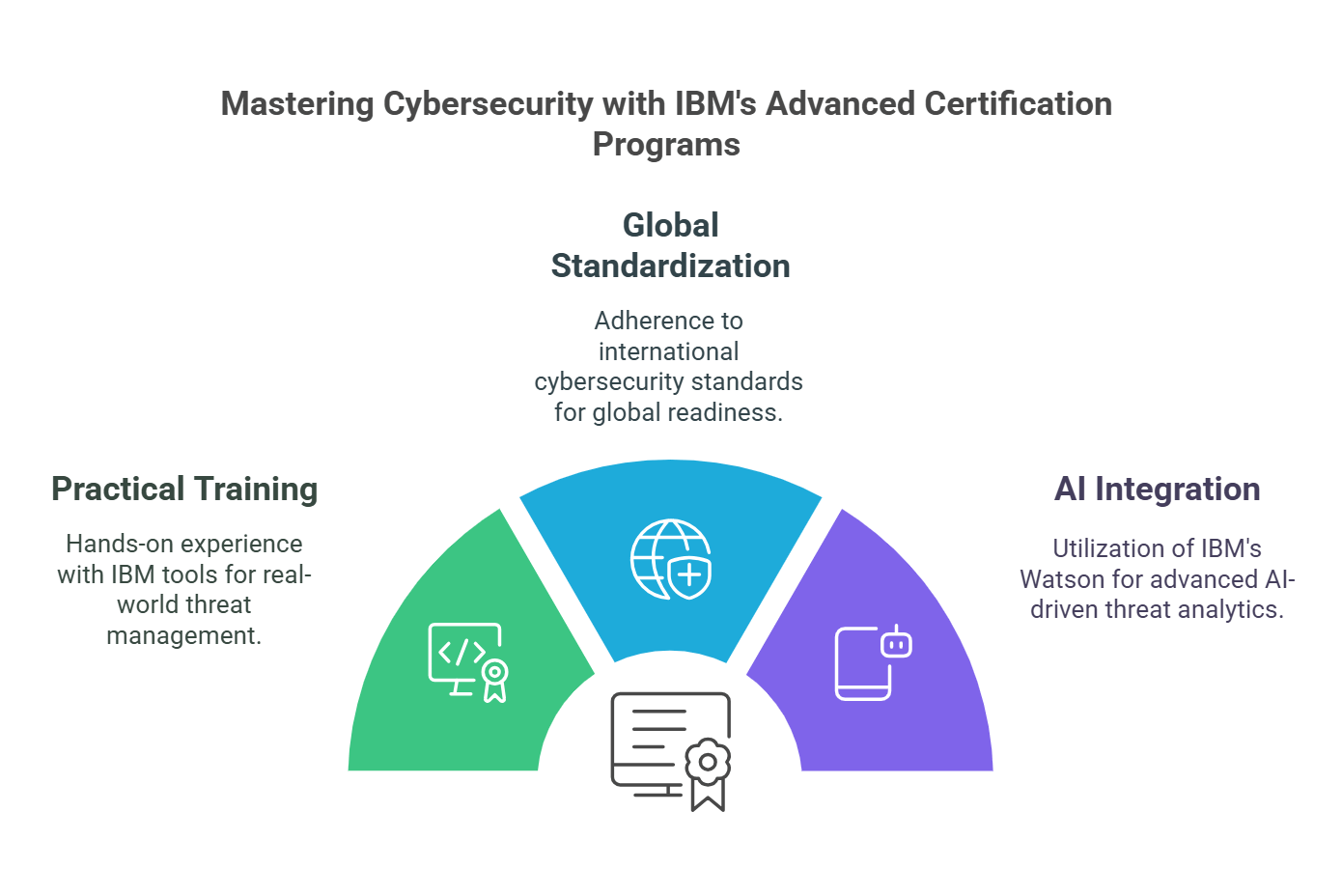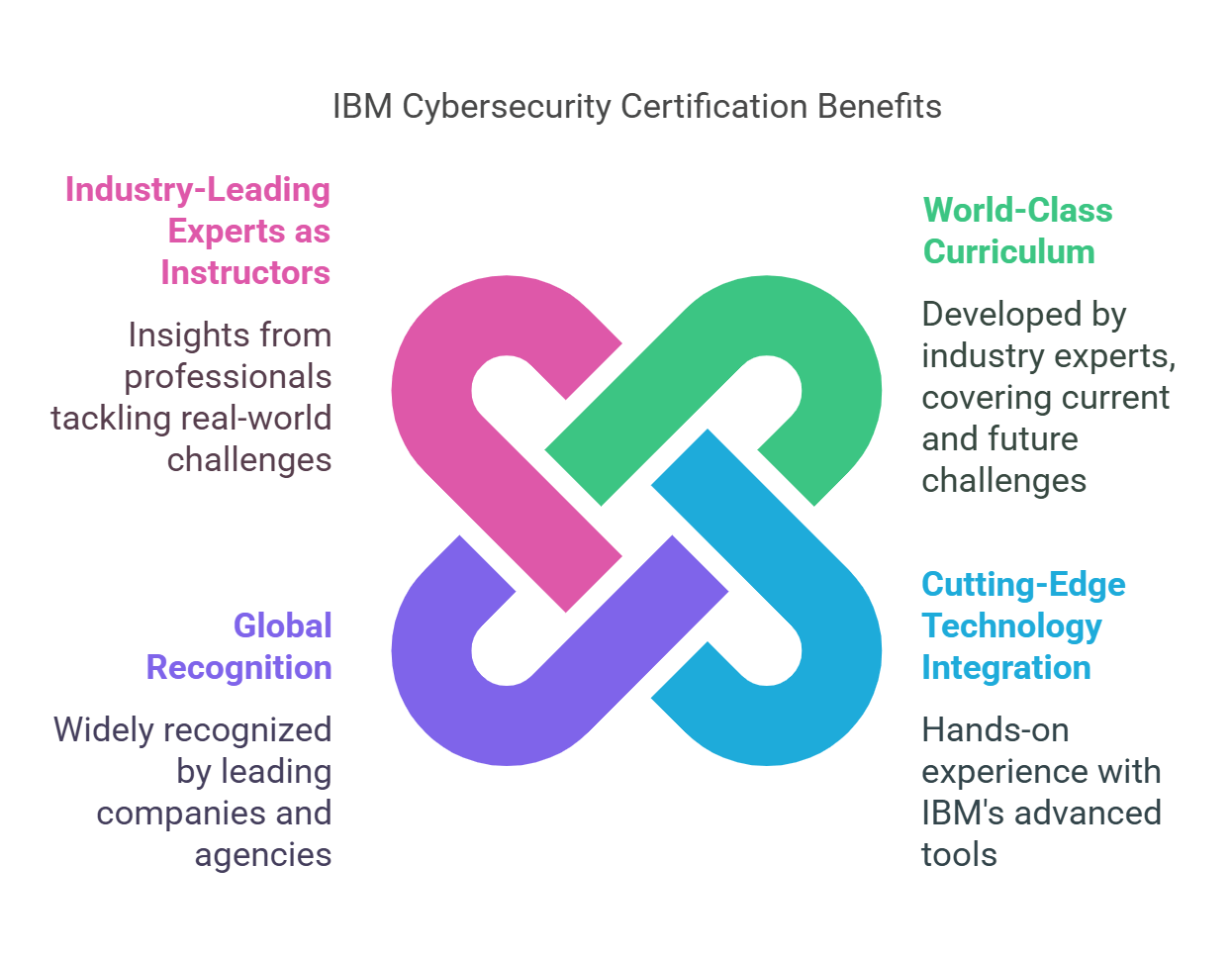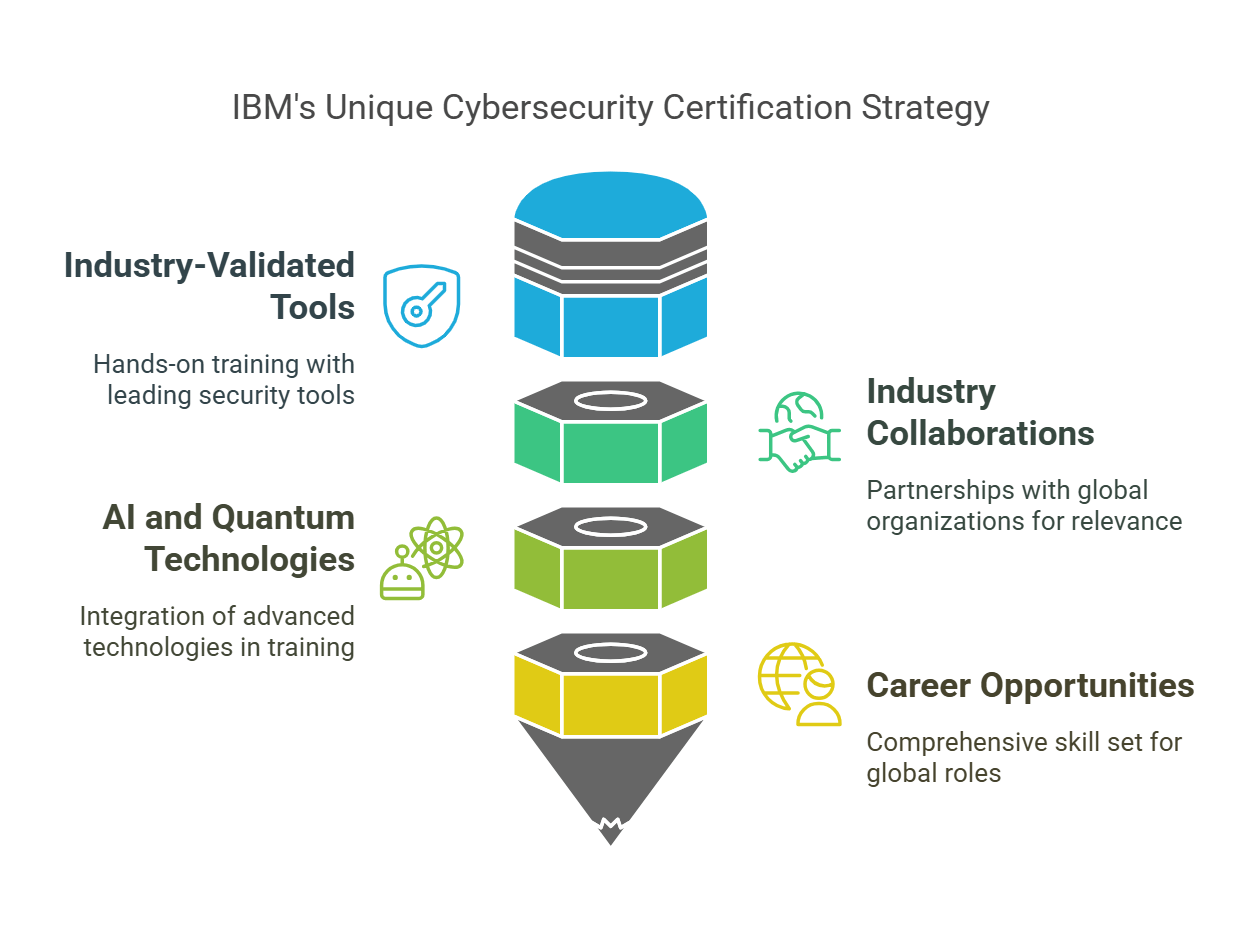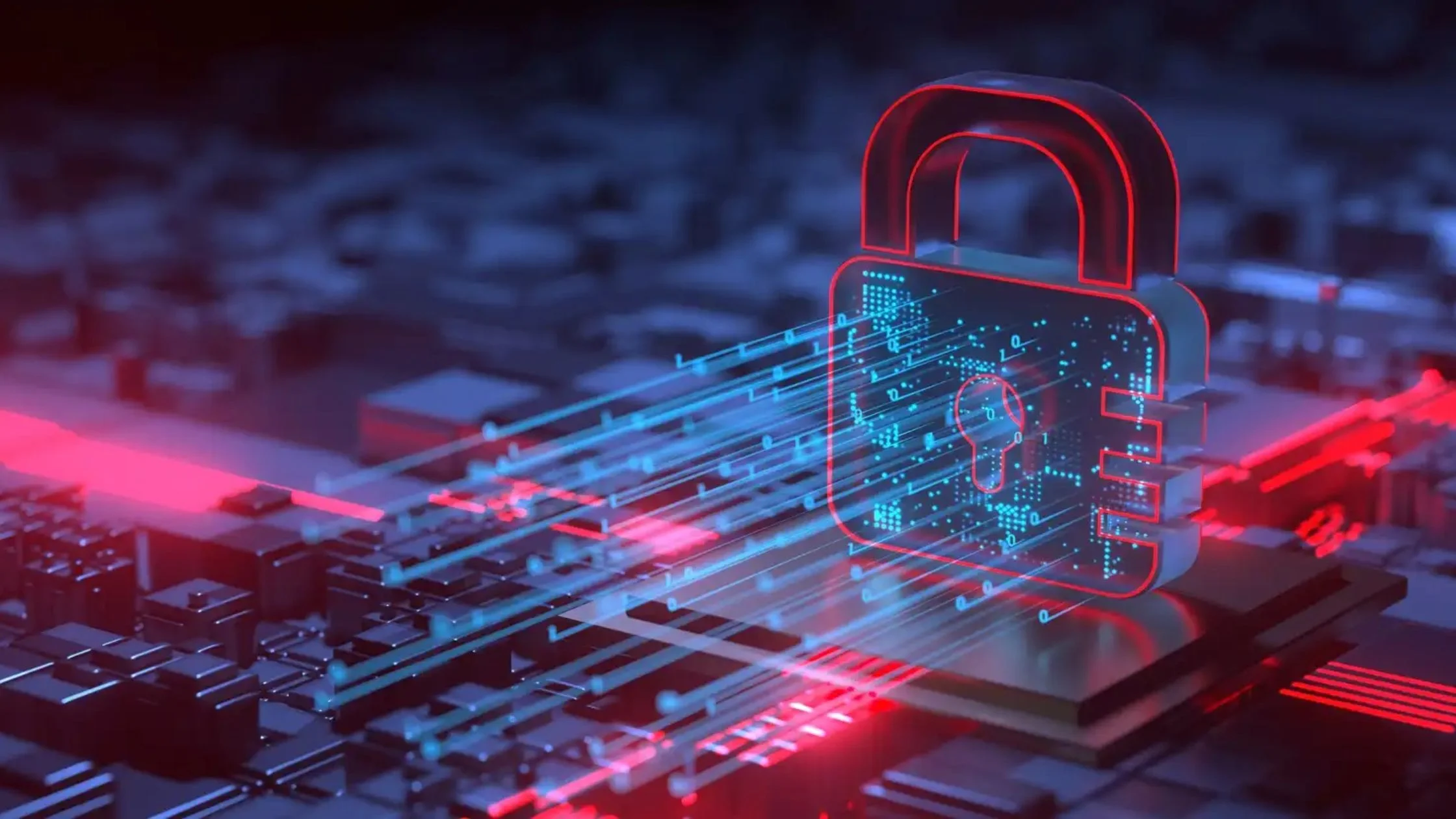Table of Contents
- Why Pursue a Cybersecurity Law Certification Online in 2025?
- Bridging the Skills Gap
- Global Demand and Regulatory Changes
- Future-Forward Learning
- Career Flexibility
- What Careers Can You Pursue with a Cybersecurity Law Certification Online?
- Key Skills You’ll Gain with a Cybersecurity Law Certification Online
- Enhance Your Certification with ACSMI’s 400+ Modules
- How to Choose the Best Cybersecurity Law Certification Online
- Final Thoughts: Your Future in Cybersecurity Law
The surge in cyber threats and the proliferation of global data protection laws have placed a premium on professionals with expertise in both legal compliance and cybersecurity. Organizations need specialists who can safeguard sensitive data while ensuring adherence to regulatory requirements. A cybersecurity law certification online offers the perfect pathway to develop these dual competencies, opening doors to dynamic and lucrative career opportunities. In 2025, as cyber threats evolve, the demand for professionals skilled in both legal frameworks and tech security will only increase.
Why Pursue a Cybersecurity Law Certification Online in 2025?
Online certifications in cybersecurity law provide unparalleled flexibility for busy professionals. They allow you to upskill at your own pace while keeping up with the latest developments in the fast-evolving cybersecurity and legal landscapes. With cybersecurity threats growing exponentially in 2025, a cybersecurity lawyer certification offers an excellent opportunity to meet the demand for professionals who understand both the technical and legal sides of digital security.
Here’s why a cybersecurity law certification online is the career boost you’ve been looking for:
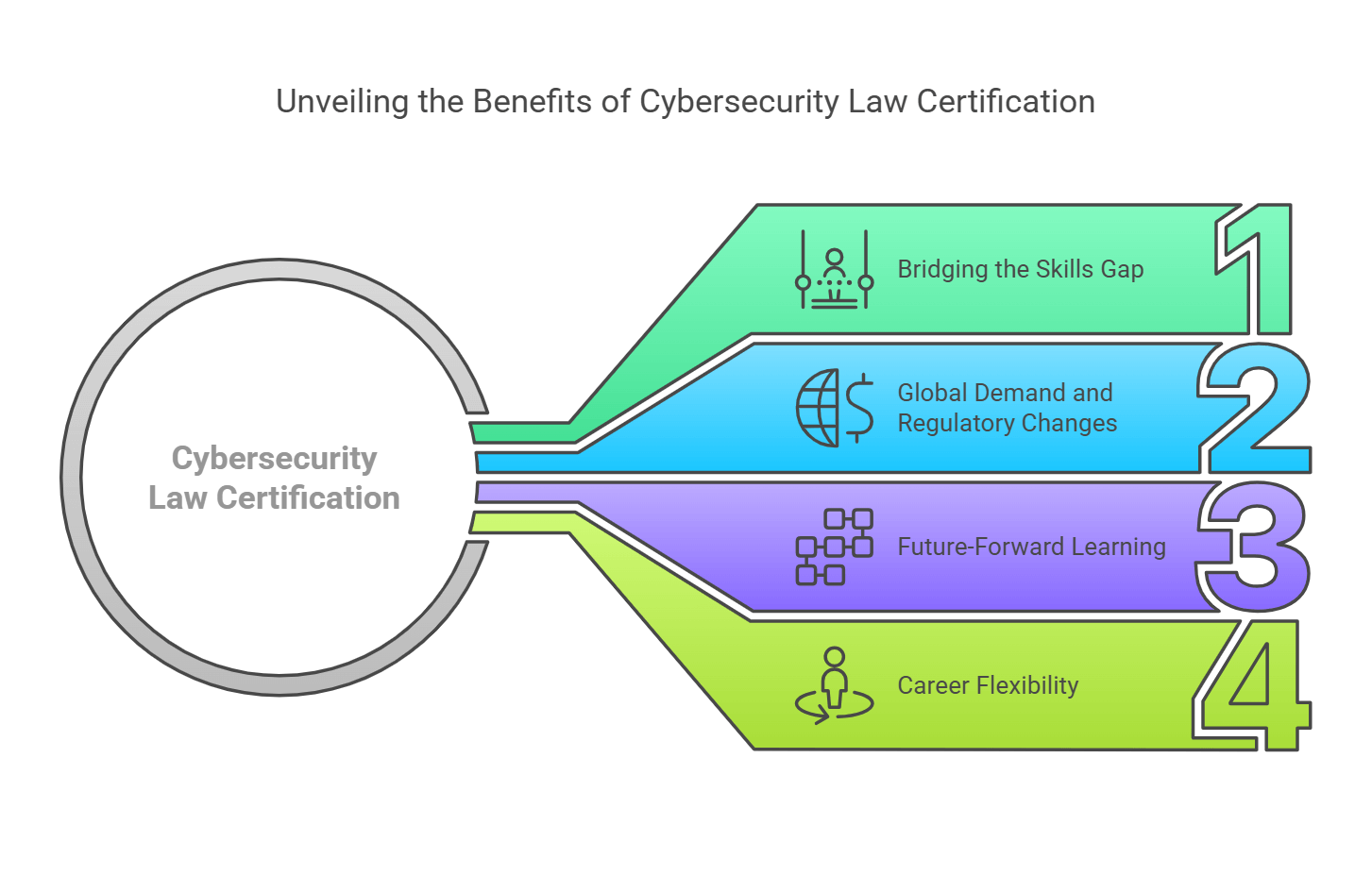
Bridging the Skills Gap
In 2025, organizations continue to struggle with filling roles that demand a blend of technical expertise and legal knowledge. With the introduction of new privacy regulations and data protection laws worldwide, companies are seeking professionals who can tackle both cybersecurity and legal compliance challenges. This certification meets that need, making you a valuable asset to any organization.
Global Demand and Regulatory Changes
With regulations like GDPR, HIPAA, and CCPA becoming the norm, and new laws emerging in 2025 (like the anticipated Global Privacy Protection Act), professionals with expertise in these areas are in high demand worldwide. Global companies need professionals who understand regional and international compliance to avoid heavy penalties and security breaches.
Future-Forward Learning
Many programs now include emerging topics such as AI law, blockchain compliance, cross-border data governance, and evolving global cybersecurity frameworks. As 2025 ushers in more advanced technology, such as quantum computing, certifications addressing these trends will provide you with cutting-edge knowledge to stay ahead.
Career Flexibility
With this certification, you can explore roles in IT, law, consulting, or leadership across industries like healthcare, finance, and government. Whether you're interested in cybersecurity law, data protection, or incident response, the diverse career paths available in 2025 continue to grow as businesses face increased regulatory requirements.
What Careers Can You Pursue with a Cybersecurity Law Certification Online?
A cybersecurity law certification online equips you to handle challenges at the intersection of cybersecurity and legal compliance. This opens up a range of exciting career opportunities.
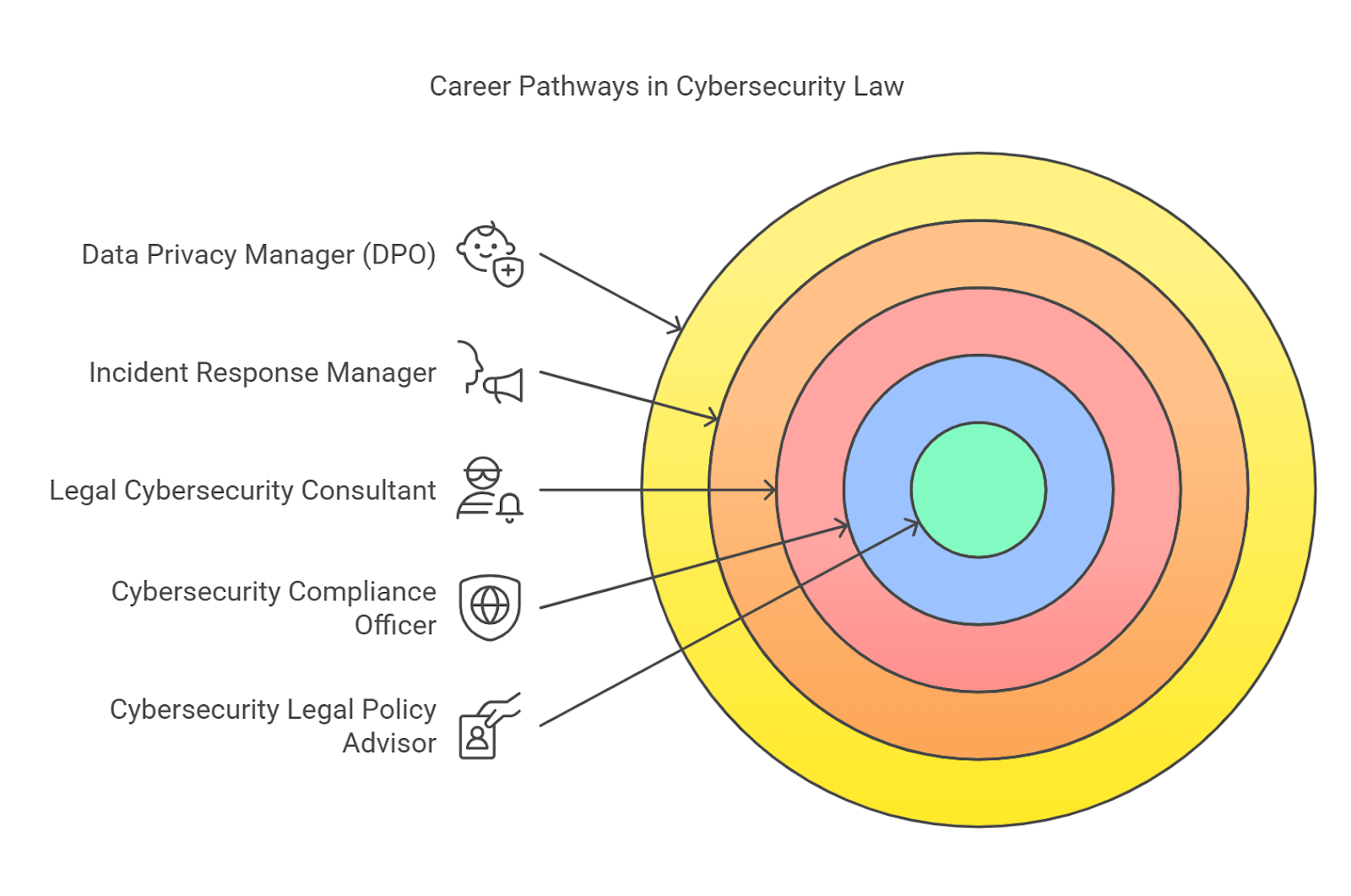
1. Cybersecurity Compliance Officer
As a compliance officer, you will oversee the integration of cybersecurity strategies within organizational processes while ensuring alignment with data protection laws, such as GDPR and the upcoming privacy laws in 2025.
2. Legal Cybersecurity Consultant
In this role, you will advise businesses on legal risks and obligations related to cybersecurity, helping them align with statutory regulations and avoid penalties. The rise in cloud security issues and data breaches in 2025 has made consultants more essential than ever.
3. Incident Response Manager
Lead breach investigations while filing proper notifications with regulatory bodies to demonstrate legal compliance. With growing threats, incident response managers must be prepared for swift action and effective communication, particularly in industries like healthcare and finance.
4. Data Privacy Manager (DPO)
Data privacy remains a top priority. Specialize in managing data privacy practices, particularly in industries where sensitive information is frequently handled, and stay updated with new 2025 regulations surrounding cross-border data transfer.
5. Cybersecurity Legal Policy Advisor
Shape policies and frameworks that align organizational processes with global and regional cybersecurity laws. With the development of new regulations in 2025, such as stricter rules for AI usage in cybersecurity, policy advisors are expected to play a crucial role in shaping the future.
Key Skills You’ll Gain with a Cybersecurity Law Certification Online
Studying a cybersecurity law certification online empowers you with a broad spectrum of technical and legal skills that are highly sought after in today’s market. Here's what you can expect:
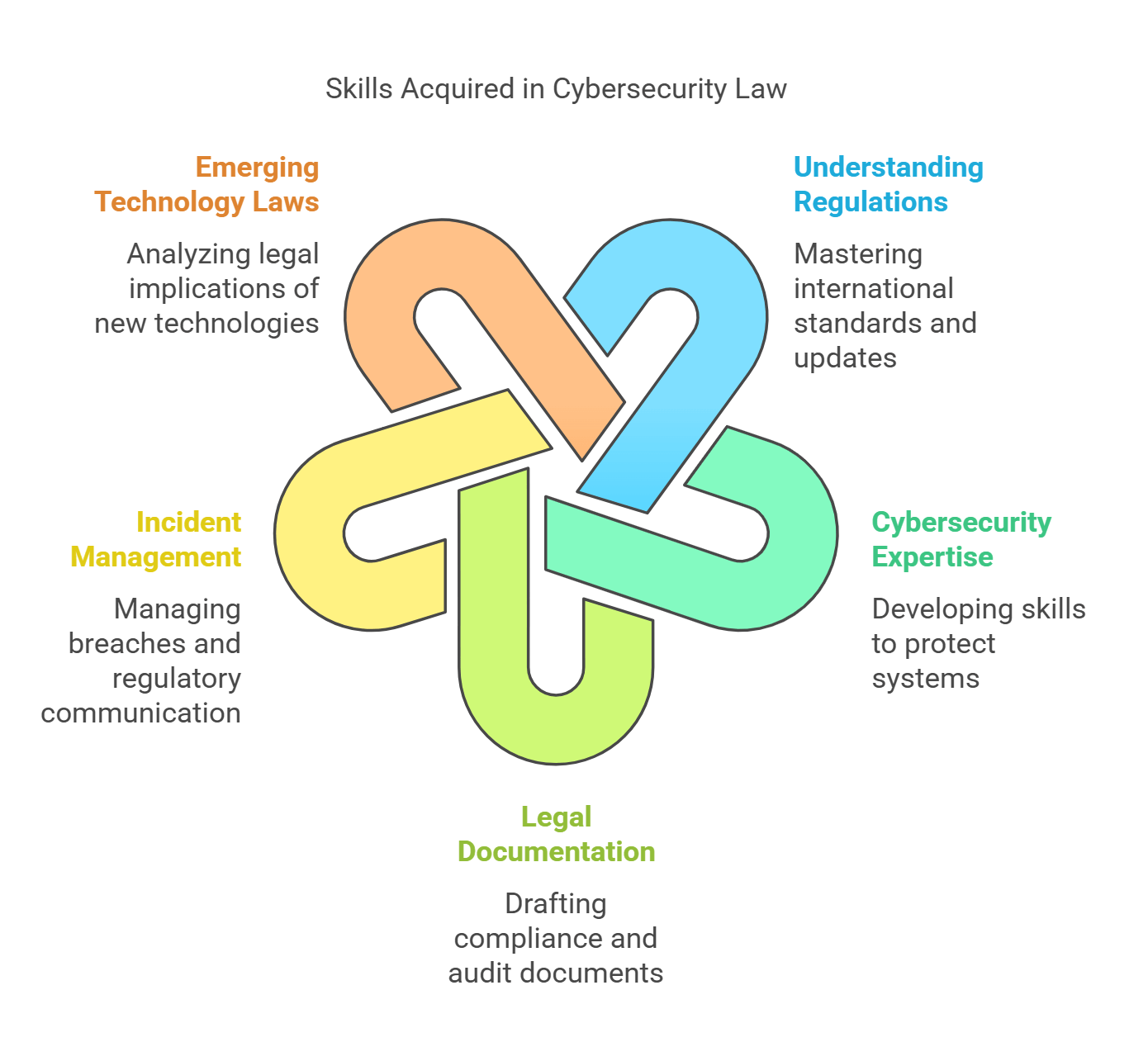
1. Deep Understanding of Regulations and Frameworks
Master international standards such as GDPR, HIPAA, CCPA, NIST, and new regulations such as the 2025 Global Privacy Protection Act. You’ll also stay ahead with new updates on legal challenges in AI and blockchain.
2. Cybersecurity Expertise
From encryption techniques to secure network design, you’ll develop the technical prowess to fortify systems against cyber threats, including those posed by new quantum computing technologies expected to impact cybersecurity in 2025.
3. Legal Documentation and Compliance Reporting
Learn to draft policies, incident reports, and compliance documentation that meet legal requirements for audits and investigations. Keep in mind that, with 2025 bringing new global compliance standards, these documents will become even more critical.
4. Incident and Breach Management
Master breach response protocols and learn how to liaise with regulators to maintain transparency and mitigate legal repercussions. In the future, breaches will involve increasingly complex legal and technical challenges.
5. Emerging Technology Laws
Gain insights into the legal implications of cutting-edge technologies like AI, IoT, blockchain, and upcoming quantum technologies. These fields will continue to shape the cybersecurity landscape in 2025 and beyond.
Enhance Your Certification with ACSMI’s 400+ Modules
While a cybersecurity law certification online equips you with a strong foundation, expanding your skills through advanced certifications can set you apart. ACSMI offers over 400 modules covering a mix of technical and conceptual domains, such as the growing field of cybersecurity in AI and blockchain. ACSMI’s cutting-edge resources are tailored to meet the evolving needs of the cybersecurity industry in 2025.
Key Categories in ACSMI Modules
Investing in ACSMI’s diverse offerings enhances not only your knowledge but your ability to take on complex challenges across industries. Whether it’s understanding the intricacies of cross-border data governance or mastering cybersecurity strategies for AI systems, ACSMI is an excellent resource.
Explore ACSMI’s Modules Here
How to Choose the Best Cybersecurity Law Certification Online
Choosing the right cybersecurity law certification online can be a game-changer for your career, but it’s essential to find a program that perfectly aligns with your career goals and professional aspirations. Here’s what to consider to ensure your investment in time and money pays off in 2025:
1. Accredited Providers
Opt for certifications from globally recognized institutions, universities, or professional bodies with a proven track record in cybersecurity and legal training. In 2025, organizations are more discerning than ever, so choose certifications that are recognized by leading cybersecurity and legal entities globally.
2. Comprehensive Curricula
The best programs in 2025 will not only cover GDPR, CCPA, HIPAA but also emerging legal frameworks surrounding blockchain, AI ethics, and data privacy regulations specific to the current year. Look for a curriculum that offers a robust understanding of both legal and technical aspects of cybersecurity.
3. Hands-on Learning Opportunities
Practical experience is critical. Seek programs that offer simulations, case studies, and project-based learning to prepare you for real-world scenarios. In 2025, having hands-on experience with emerging technologies like quantum-safe encryption is increasingly valuable.
4. Future-Focused Modules
Look for certifications that provide modules on emerging fields like AI compliance, blockchain regulations, and cybersecurity challenges posed by quantum computing. This future-focused learning ensures that you stay ahead of the curve in a rapidly evolving industry.
Frequently Asked Questions (FAQs)
1. What is a cybersecurity law certification online?
It’s an online program designed to provide professionals with a dual focus on cybersecurity strategies and legal compliance frameworks, ensuring professionals are well-prepared to handle cybersecurity challenges in 2025.
2. Who should pursue this certification?
IT professionals, legal consultants, compliance officers, and anyone looking to bridge the gap between technology and law can benefit from a cybersecurity law certification, especially with the increasing complexity of digital threats in 2025.
3. Is an online certification as credible as in-person training?
Yes. Reputable online programs in 2025 offer the same rigor and accreditation as in-person counterparts, with added flexibility for busy professionals.
4. What’s the time commitment for these certifications?
Most certifications range from 3-6 months, but self-paced options allow you to complete them faster or slower, depending on your schedule.
5. Can this be paired with other certifications?
Absolutely. Pairing it with additional technical certifications like ACSMI enhances your profile and career prospects in 2025, as employers increasingly look for well-rounded professionals in cybersecurity law.
Final Thoughts: Your Future in Cybersecurity Law
A cybersecurity law certification online is an invaluable career asset, blending two highly dynamic fields to create professionals capable of solving today’s most pressing challenges. From mastering compliance frameworks to responding to digital threats, the skills you gain ensure you’ll be in demand for years to come. As 2025 brings new challenges, such as the rise of quantum computing and more complex global regulations, your expertise will be indispensable in the cybersecurity and legal sectors.
Enhance your knowledge with ACSMI expansive 400+ modules and gain the expertise to tackle both legal and technical challenges effectively. Start your cybersecurity law certification online today and take control of your future!
